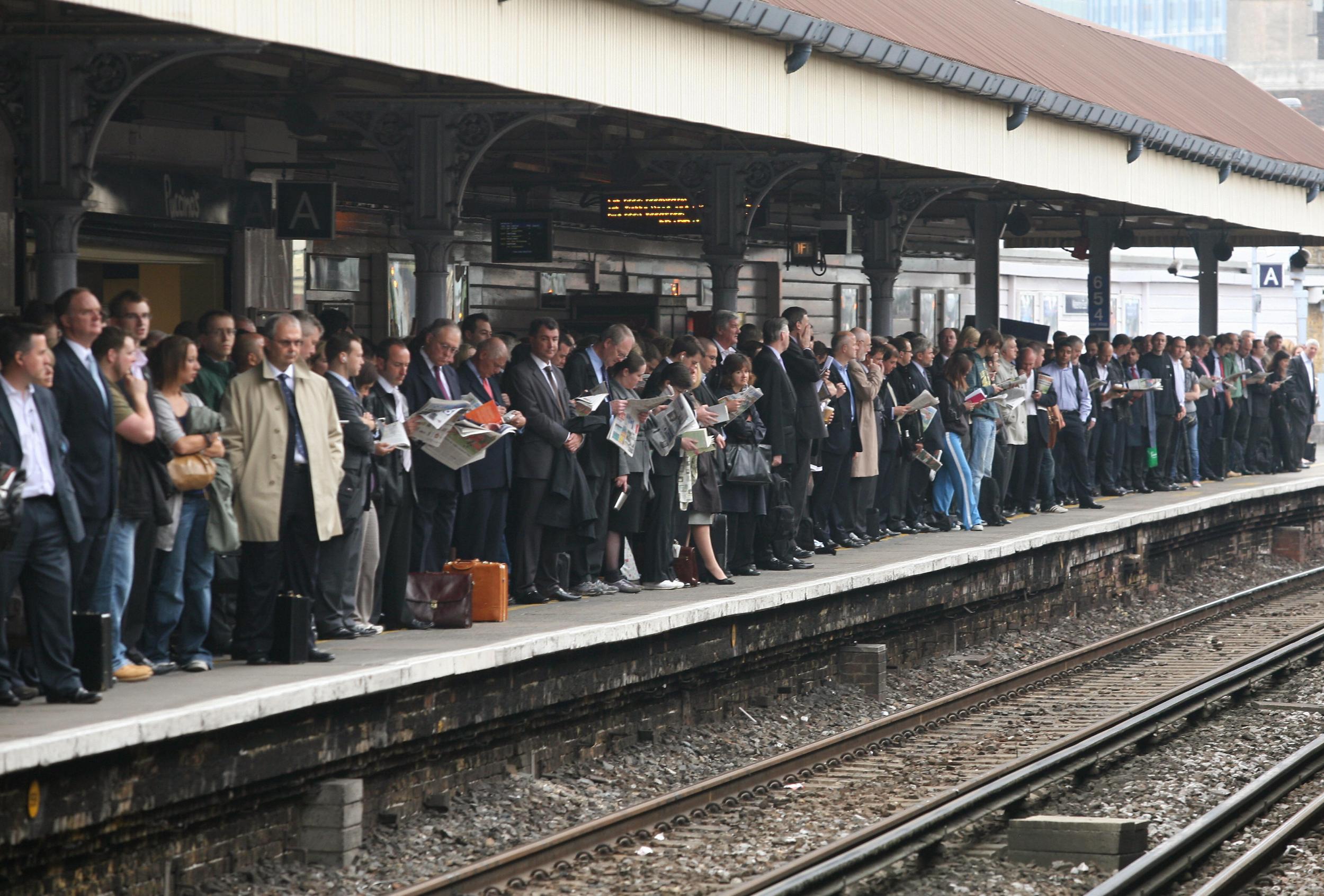4 ways train companies can legally pretend they are not late
A new report by Transport Focus, the passenger watchdog, claims many commuters have a lack of trust in how the rail industry measures punctuality.

Commuters believe they are being misled by train companies who “fudge” timetables to count trains as on time when they are late, a major report has claimed.
Research by Transport Focus, the passenger watchdog, found that many commuters had a lack of trust in how the rail industry measures punctuality. The research, commissioned jointly with the Office of Road and Rail (ORR) involved 10 focus groups and the statistical analysis of 10,849 people.
The report said that continuing with a “regime that is considered ‘OK’ is simply not tenable” and counting trains as on time when they are late plays badly to passengers. It added people “do not want a ‘fudge’ where the timetable just about works on paper bur rarely ever in practice.”
Four loopholes train companies can use are:
1. Not registering trains as delayed until 5 minutes after their scheduled arrival time
Trains companies give their trains a five minutes “grace” period – 10 minutes for long-distance trains – where a train is considered to be ‘on time’.
2. Policy of measuring late trains only at their final destination
Passengers involved in the study defined ‘on time’ as being within one minute of scheduled time and believed that punctuality should be measured by the train companies at all stations, not just where a train terminates.
3. Being allowed to cancel a service before 10pm the evening before
The study added there was a strong opposition to the current practice that a train cancelled before 10pm the day before does not count as a cancellation on official statistics.
4. Adding extra time to the timetable en route to a destination
Many passengers in the research claimed it is not acceptable for train companies to add extra time into the timetable on approach to the destination station.
Anthony Smith, the watchdog’s chief executive, said: “With passengers now paying over 60 per cent of the cost of the railway through fares, it’s about time their views about punctuality are listened to.”
Join our commenting forum
Join thought-provoking conversations, follow other Independent readers and see their replies
Comments
Bookmark popover
Removed from bookmarks